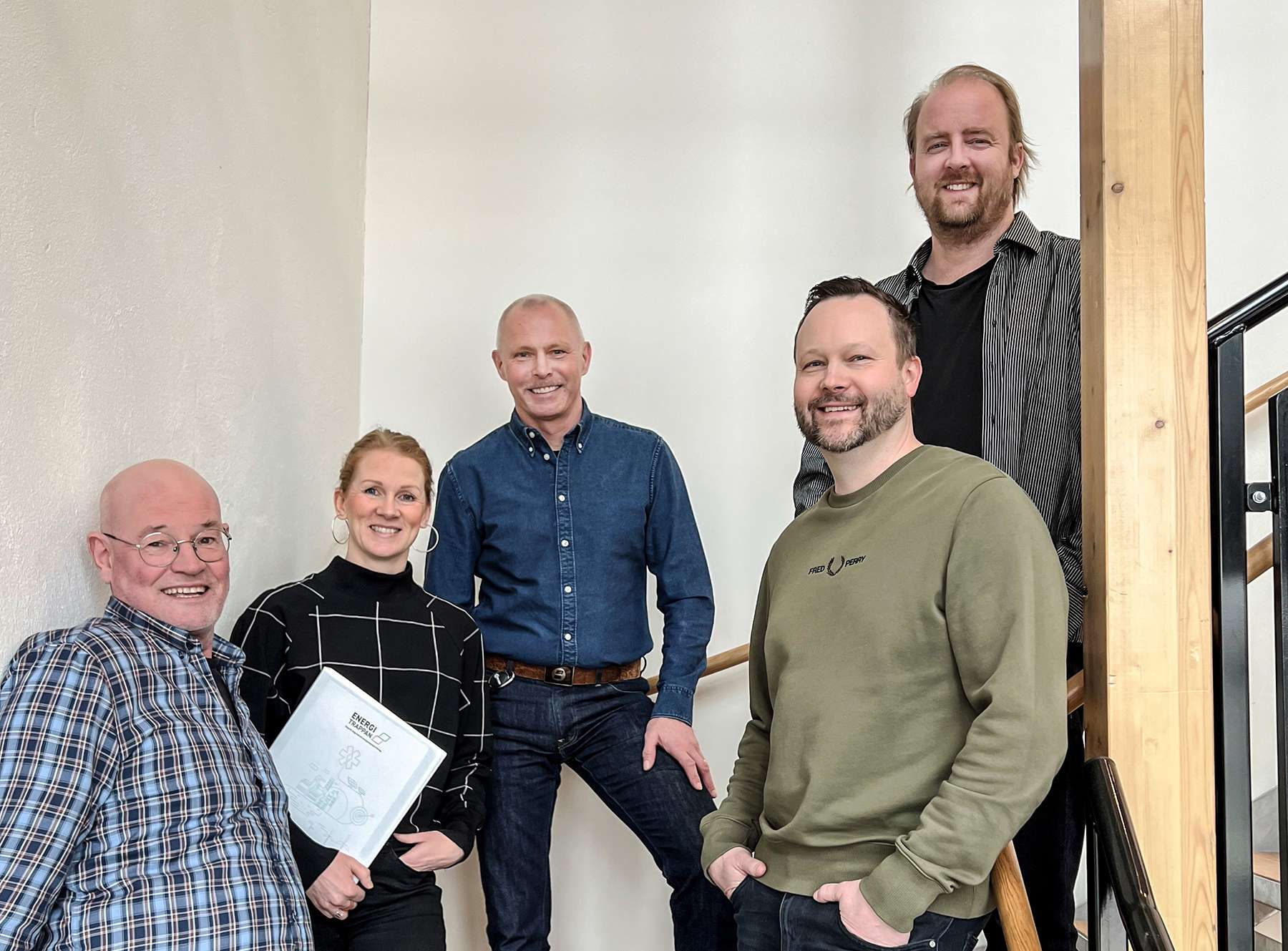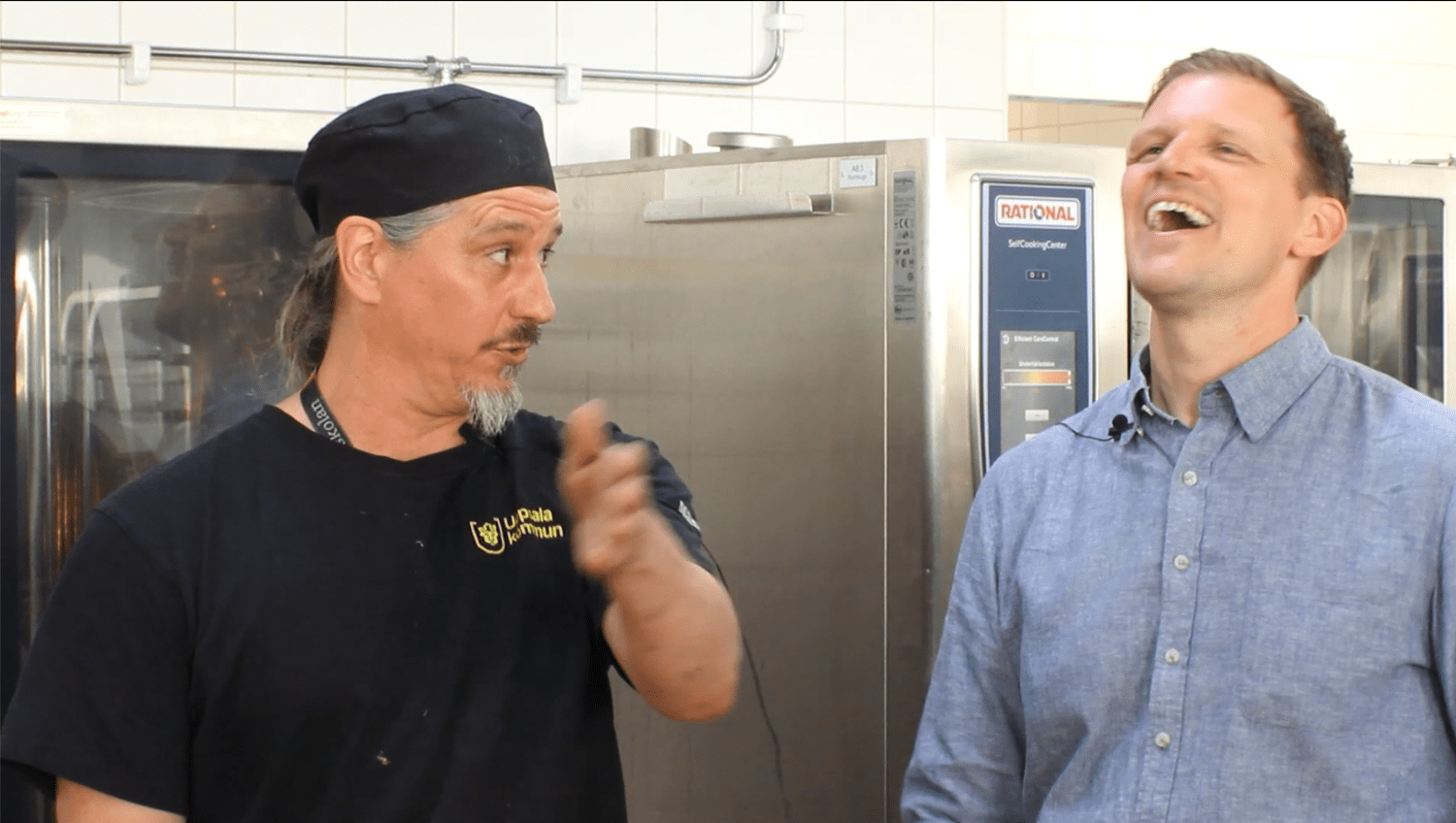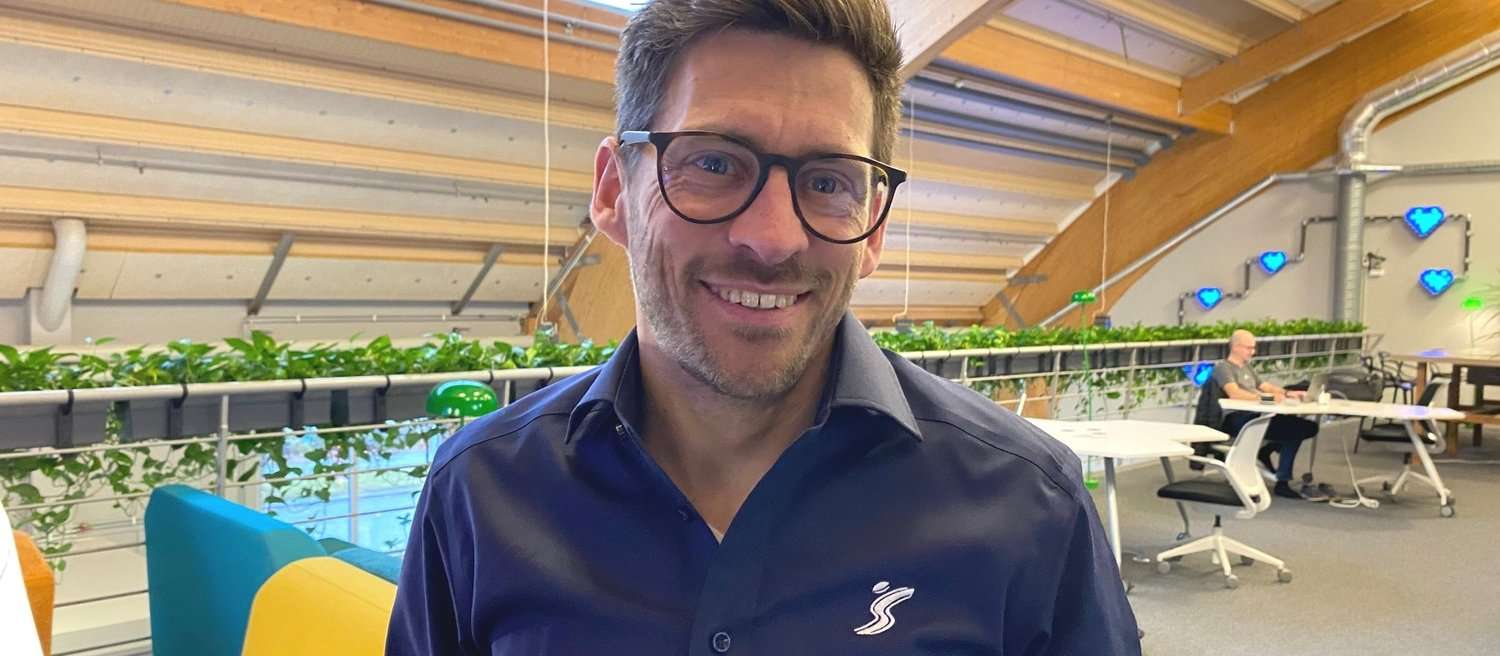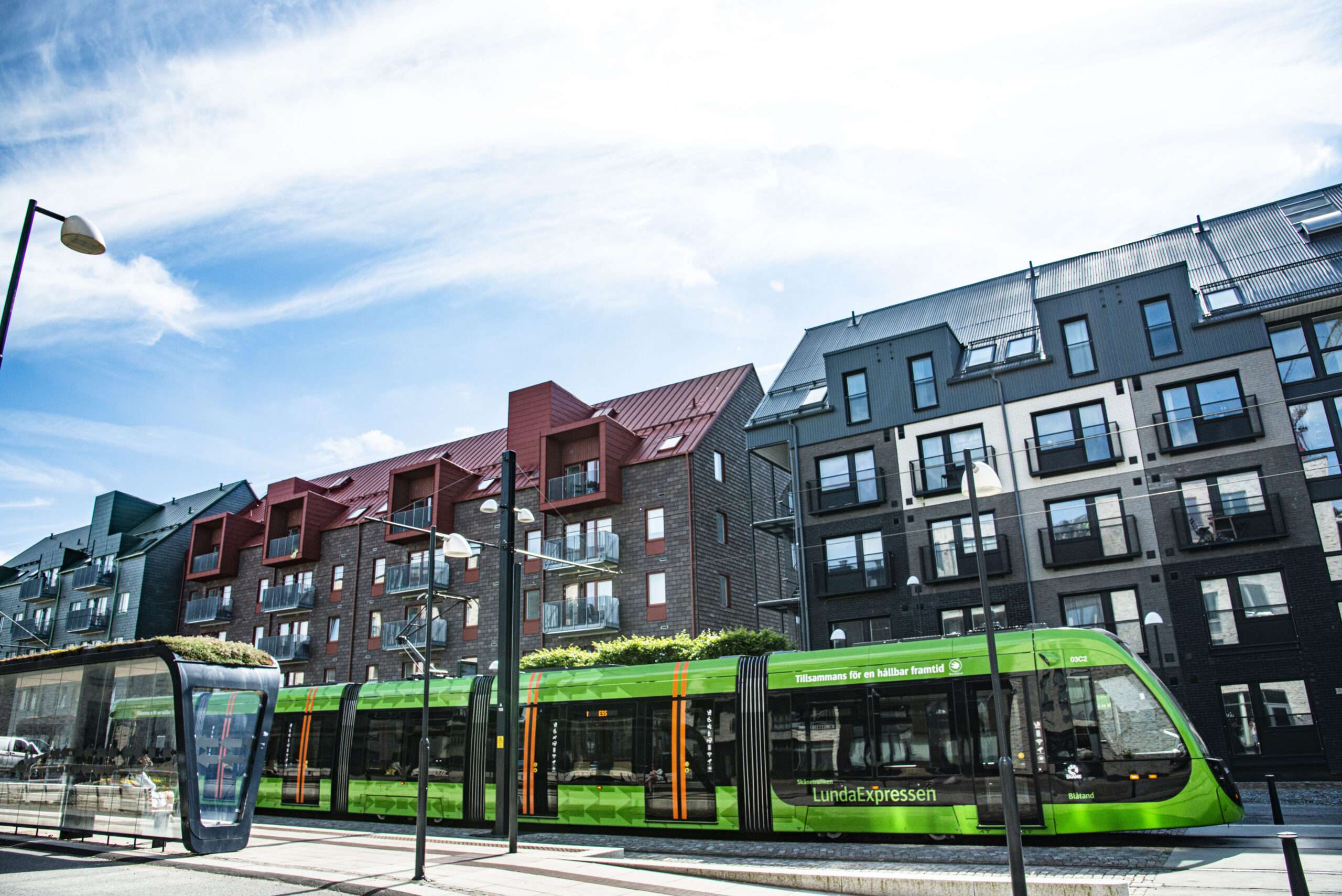
There are only benefits to becoming an energy-smart company; for the economy, for the working environment and not least through reduced negative climate impact and emissions. In Eskilstuna municipality through the Energy Evolution Center, the energy-smart solutions are tailored to the needs of companies to become more energy-smart - through the Energy Staircase!





